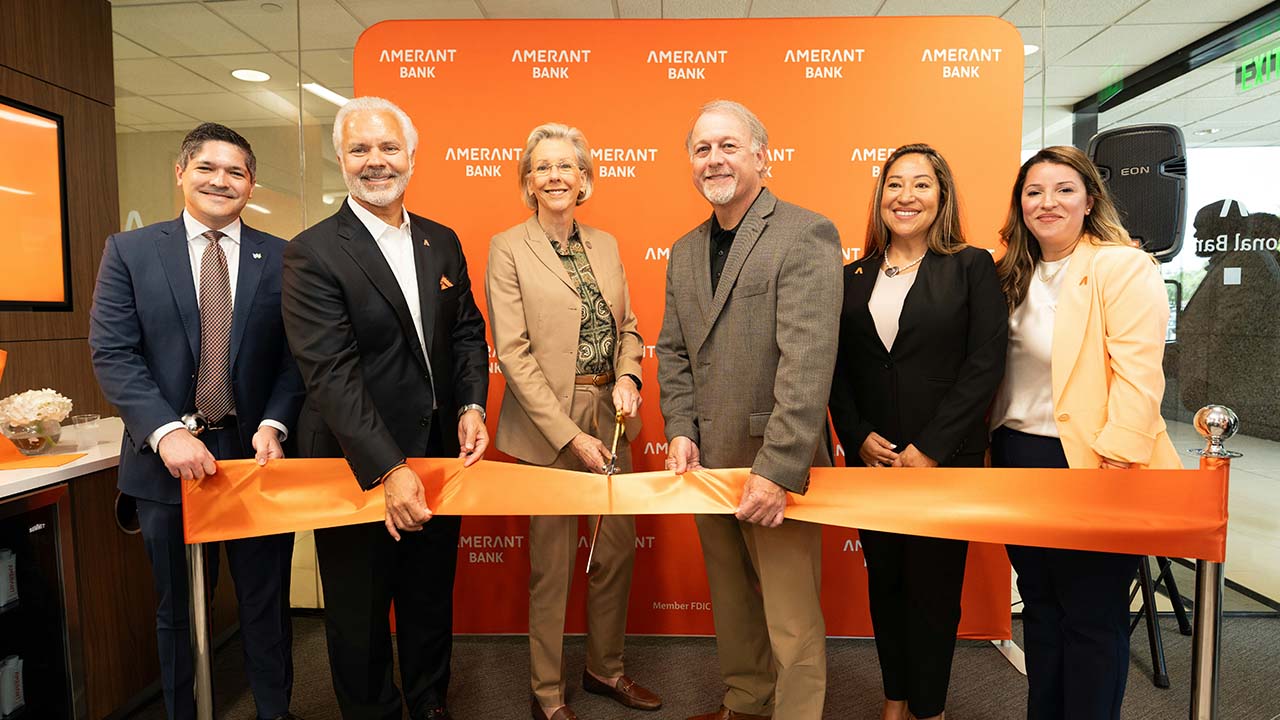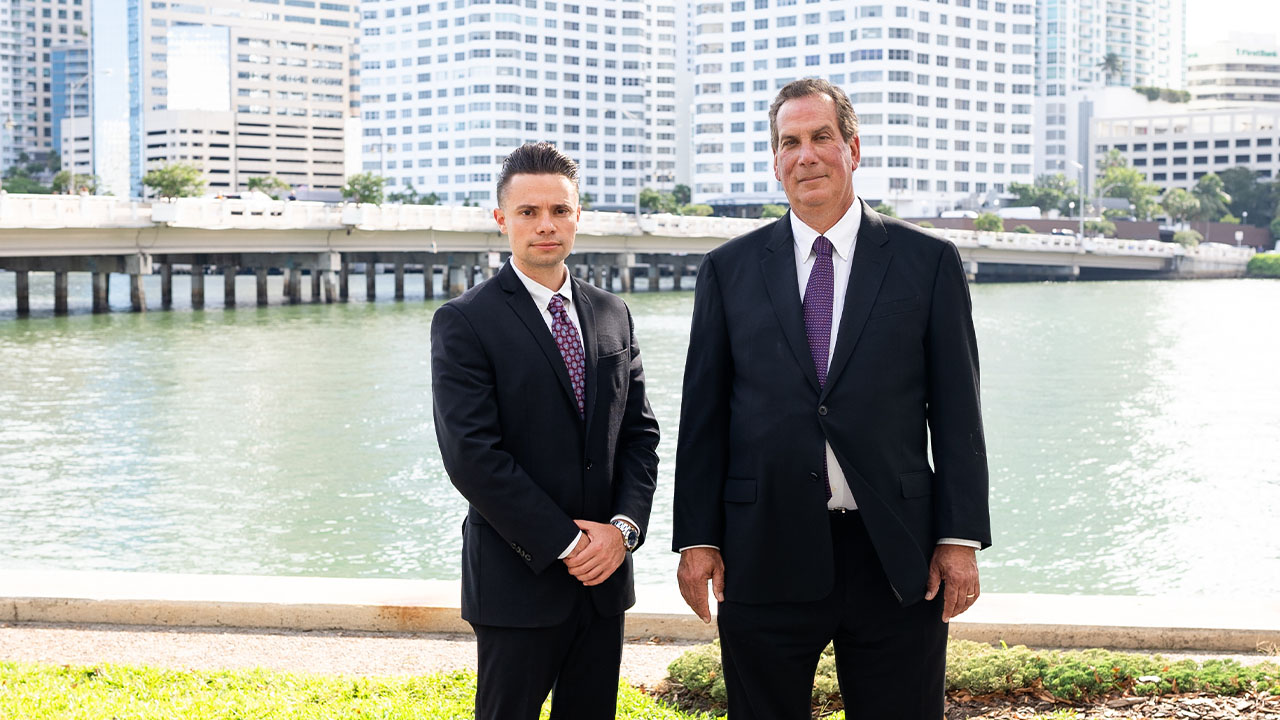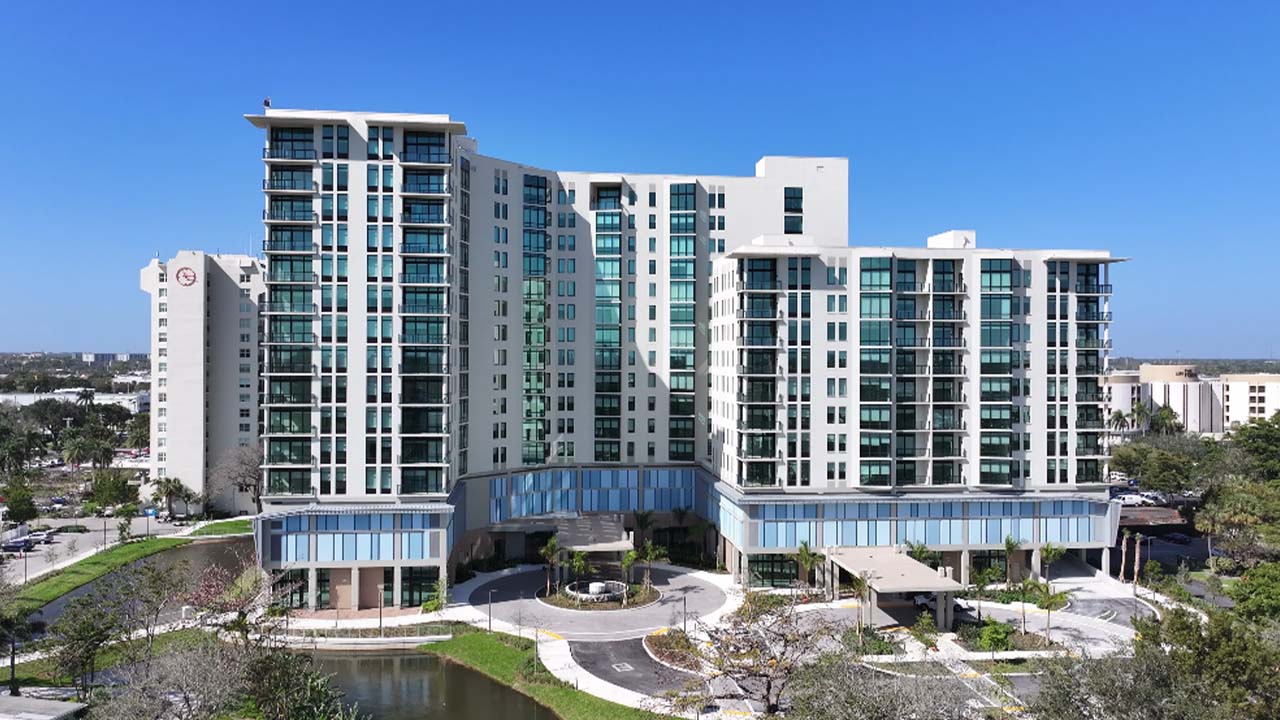“You tend to have other banking options when based in Miami or elsewhere. So there was exposure, but not the high level.”
That’s the mindset of Jeff Ransdell, managing director and founding partner at $700 million Miami-based VC firm Fuel Venture Capital.
“By being based in Miami, the exposure was exponentially less impactful for Fuel and its 33 portfolio companies; very few if at all have ties to Silicon Valley and/or SVB,” he notes. “In fact, while most Silicon Valley startups and VC’s did use SVB, what you’ll find is that diversification is a good thing. When Ransdell started Fuel in 2017, it was for this exact reason of being diversified. “We didn’t want to be another Silicon Valley VC looking at Silicon Valley startups.”
SFBW asked Ransdell about Silicon Valley Bank, Fed rates, and what’s next:
How will the SVB and Signature closures impact South Florida and its start-up environment?
Silicon Valley Bank is a Northern California Bank. The companies in Miami are a long way away from Sand Hill Road. That is exactly why Fuel Venture Capital established its headquarters in Miami to provide investors who are allocating to the creative economy a diversified portfolio of companies that are not connected to the Silicon Valley ecosystem.
Investors who only invest in the Silicon Valley ecosystem just got a massive shot across the bow: Having a number of funds in one ecosystem is not diversification. Those funds had 80%, 90% and higher exposure to SVB. Start to imagine what would have happened to investors and founders of the United States Government would not have stepped up? “Disaster” might be the appropriate word to use. So my guess is the spotlight becomes more bright on tech ecosystems here in Miami. We just do things differently here and in my humble opinion they are in the interest of investors and founders.
Are we less likely to see rate increases from the Fed now?
There is a lot of noise around this topic. I think people need to remember that in 1951 the Fed spun off into its own independent agency. It is designed the way it is to act independently of Presidents who hold the White House, administrations and political influence. It acts in the spirit of doing whatever is needed to protect the US economy and the citizens of the United States from inflation.
To me, just because we have seen banks fail will not necessarily have a bearing on what the Fed does or doesn’t do. It will ultimately be made from data collected from inflation indicators. If the Fed feels the steps they have made so far have provided the desired results, then we will see them alter course. If not, we will see continued hikes until they feel they have smothered out inflation.
What should the government do in such cases, especially in terms of guaranteeing deposits beyond 250k?
Again, a question which has a lot of noise around it, but it is our humble opinion, our government did the right thing and another example that we live in the greatest country in the world.
We are talking about people and companies who were simply parking their capital for protection at a “bank.” People and companies that wake up everyday to work hard and serve others. If we can not trust our cash is safe at a bank then where things go from here is nothing but darkness. As I said in your first question, Silicon Valley is the largest tech ecosystem in the world. Had the government not done what it did, an entire asset class, a massive amount of investors and the largest collection of tech start ups on the planet, would have gone down for no reason other than they deposited their capital at a bank. Now should investors and founders use this as a shot across the bow and seek out alternative tech ecosystems? You are damn right they should, but what our government did makes me proud and brings proof to the reason why we have a government in the first place. It is to protect its citizens, and on Monday, March
13, 2023, the United States government did its job brilliantly. Well
done…that’s what I say!
















